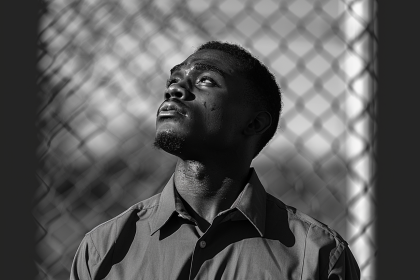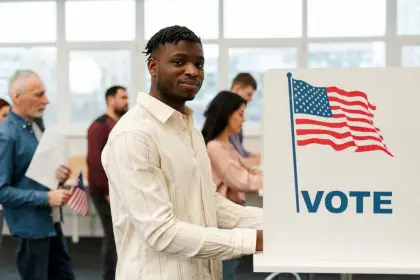 African Americans have traditionally valued and reinforced the importance of education, but recent generations serve to show the opposite. Not to abrogate personal responsibility for the lack of many African Americans noting the significance of reading and math, or even having a semblance of comprehension of the economic crisis confronting the nation, the reality is that young African American males are disproportionately the target of systematic forms of exclusion. The state of Texas provides a prime example of this and is a general reflection of practices prevalent across the nation.
African Americans have traditionally valued and reinforced the importance of education, but recent generations serve to show the opposite. Not to abrogate personal responsibility for the lack of many African Americans noting the significance of reading and math, or even having a semblance of comprehension of the economic crisis confronting the nation, the reality is that young African American males are disproportionately the target of systematic forms of exclusion. The state of Texas provides a prime example of this and is a general reflection of practices prevalent across the nation.
The Council of States Government Justice Center just released a report on outcomes of disciplinary procedures in the school systems across the state of Texas. The results are alarming. In Texas, 6 out of 10 students across the state were suspended or expelled at least once between seventh and 12th grades. Specifically, African Americans, other minorities and students with disabilities were statistically more likely to be removed from class than white students.
More problematic was the observation that approximately 83 percent of African American males had at least one suspension or expulsion and were more often given harsher out-of-school suspensions, compared to in-school suspensions, even for their first infraction. This was the case despite the fact that larger studies with representative samples provided evidence that African American students are no more or less likely to commit offenses that require their removal from school.
When such practices are unchecked, they contribute negatively to the community in general, often resulting in African American males being held back and more likely to end up involved with the criminal justice system, especially during the year such suspensions occur.
Yes, the school systems are not servicing the needs of African American males as effectively as other ethnic groups. Many years ago, a black man who knew how to read was a threat to mainstream America, and during slavery such a skill was punishable by death. Now, education is no longer considered as a valuable, revolutionary act and we eventually victimize ourselves, just as much as the school systems our students attend. –torrance t. stephens, ph.d.














